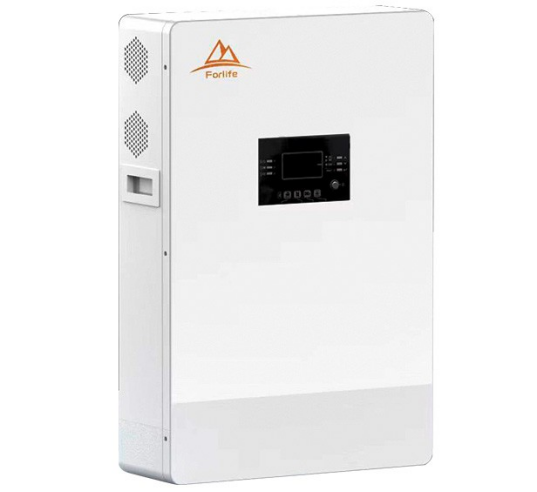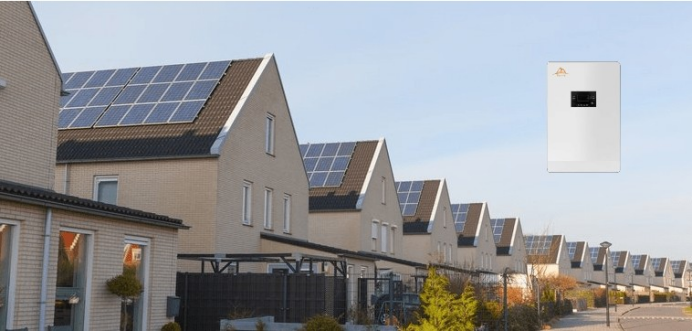As the demand for clean and sustainable energy continues to rise, many homeowners are considering residential energy storage systems as a way to optimize their energy usage and reduce reliance on the grid. However, before investing in such a system, it's important to consider several factors to determine if it is the right choice for your needs. This article will explore the key considerations when evaluating a residential energy storage system.
The first factor to consider is your electricity usage and demand patterns. A residential energy storage system is most beneficial for households with fluctuating energy needs, such as those with high energy consumption during peak hours or intermittent renewable energy generation, like solar panels. By storing excess energy during low-demand periods, you can use it during high-demand periods, reducing your reliance on the grid and potentially lowering your electricity bills.

If you have a strong commitment to sustainability and reducing your carbon footprint, a residential energy storage system can be a valuable addition to your home. It allows you to store excess energy from renewable sources, such as solar panels, and use it when needed. This reduces the need for energy generated by fossil fuels and contributes to a greener energy ecosystem.
Another crucial consideration is the cost and return on investment. While residential energy storage systems can be an investment upfront, they can provide long-term financial benefits. By storing excess energy and using it during peak hours, you can reduce your reliance on expensive grid electricity. Additionally, some regions offer incentives and rebates for installing energy storage systems, which can help offset the initial cost.
Evaluate your energy storage needs based on your household's electricity usage. Consider factors such as the size of your home, the number of occupants, and the appliances and electronics you use regularly. It's important to choose a system that aligns with your energy demands and can be scaled up or down if your needs change in the future.

Different battery technologies, such as lithium-ion or flow batteries, have varying characteristics and lifespans. Research and compare the pros and cons of each technology to find the one that suits your requirements. Consider factors such as energy storage capacity, charging and discharging efficiency, cycle life, and warranty periods.
RAJA offers advanced residential energy storage solutions that optimize energy usage, reduce grid dependence, and enhance sustainability. With RAJA's expertise and cutting-edge technology, you can confidently assess your requirements and choose the right system for your home. If you're uncertain about your decision, consult with RAJA's professional energy advisors for personalized guidance tailored to your specific needs.
Take the next step towards a greener future with RAJA's residential energy storage systems. By making the right choice, you can unlock the benefits of optimized energy usage and contribute to a sustainable world for generations to come.
By continuing to use the site you agree to our privacy policy Terms and Conditions.